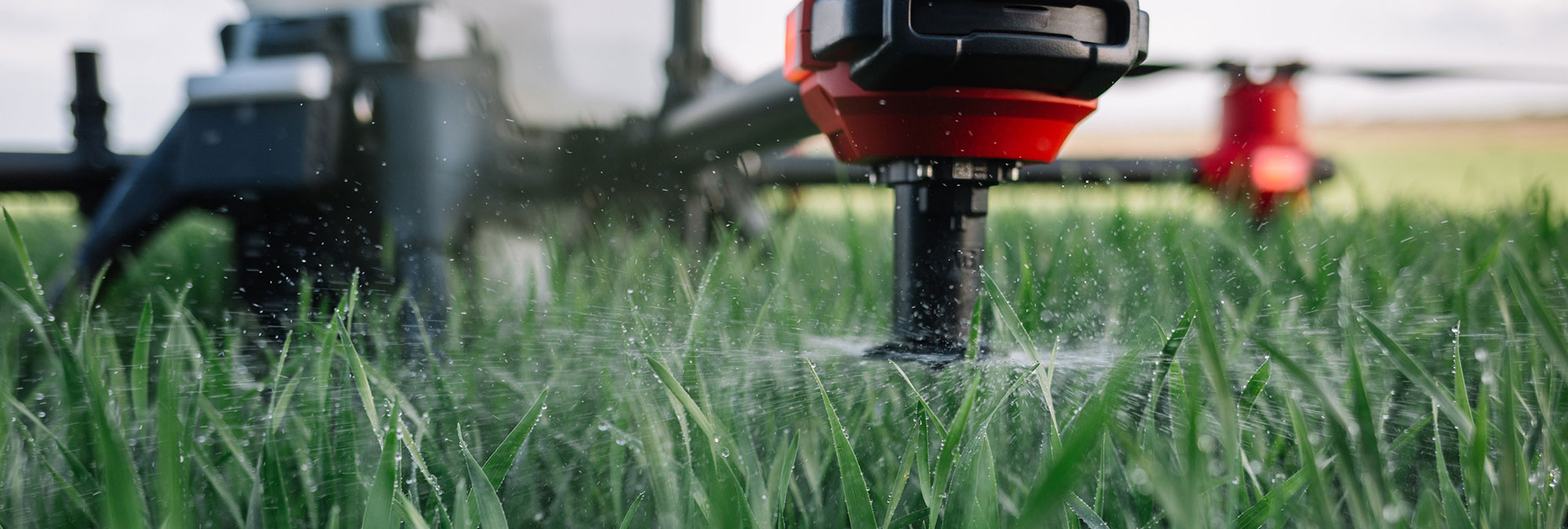In the vast and varied agricultural landscapes of Australia, embracing technological advancements is not just a trend—it’s a significant pivot towards more sustainable and efficient farming practices. Among the myriad of technologies permeating the agricultural sector, drones have notably emerged as a transformative force.
These sophisticated aerial vehicles, equipped with cutting-edge sensors and imaging systems, are revolutionising traditional farming methods. This leap in ag tech is not only enhancing productivity but also elevating the sustainability of farming practices across the continent.
Introduction to Agricultural Drones
Agricultural drones, also known as unmanned aerial vehicles (UAVs), are at the forefront of the modern agricultural revolution. These drones are equipped with advanced sensors, cameras, and data analytics tools that enable them to perform detailed surveys of vast farmlands with precision and efficiency.
The ability to quickly gather and analyse data makes drones an invaluable asset in managing agricultural operations, ensuring that farmers can make informed decisions that lead to better crop management and resource conservation.
Enhancing Crop Monitoring and Management
Effective crop monitoring is crucial for the success of any farming operation. Drones offer a bird’s-eye view and can gather detailed information about crop health across extensive areas in real-time.
This information includes data on plant height, biomass, leaf area, and chlorophyll concentration, which are vital for assessing crop health and vitality. Armed with this data, farmers can quickly identify problem areas, track crop growth, and implement corrective measures efficiently, thus reducing crop loss and enhancing yield quality.
Precision Agriculture and Drone Technology
Precision agriculture is about applying precise and correct amounts of inputs like water, fertiliser, and pesticides at the right time to the crop for increased productivity and reduced waste.
Drones play a pivotal role in this domain by providing detailed aerial images that map out variability in field conditions. This capability allows for precise farming operations, minimising the waste of resources and enhancing the effectiveness of agricultural inputs.
Irrigation Management with Drones
Water management is a critical component of sustainable agriculture. Drones equipped with thermal sensors can identify cooler and wetter areas needing less water and hotter, drier areas that require more attention.
This level of precision in water management helps prevent over-irrigation—a common issue that can lead to reduced crop yields and wasted resources.
Pesticide Application and Control
Drones significantly optimise the application of pesticides by targeting specific areas that require treatment. This targeted approach not only reduces the amount of chemicals used in fields but also decreases the exposure of crops to potentially harmful substances.
Additionally, it lessens the environmental footprint of farming operations, aligning with sustainable farming practices that protect the ecosystem.
Yield Estimation and Crop Forecasting
Accurate yield estimation is essential for effective farm management and planning. Drones facilitate this by providing data that can predict crop yields with high accuracy.
This predictive capability enables farmers to make better-informed decisions regarding crop management and market operations, thus optimising profitability and reducing the risk of surplus or shortfall.
Drones and Soil Health Analysis
Soil health is a cornerstone of successful farming. Drones can be equipped with sensors that analyse soil properties, including moisture content, texture, compaction, and organic matter content.
This information is crucial for precise soil management, ensuring that crops have a healthy growth environment and aiding in the sustainable use of land resources.
Data Integration and Farm Management Systems
Integrating drone-collected data with farm management systems creates a powerful tool for modern agriculture. This integration allows for the seamless management of both data and physical resources, automating processes such as planting, fertilisation, and irrigation.
It also enhances the monitoring and reporting capabilities of farm operations, leading to improved efficiency and productivity.
The Economic Impact of Drones on Farming
The economic implications of drone technology in agriculture are profound. By increasing crop yields, reducing waste, and optimising labour, drones can significantly lower the costs of farming operations.
The initial investment in drone technology is often offset by the considerable savings and increased profits that follow from enhanced agricultural practices.
Challenges and Future Prospects
Despite their benefits, the deployment of drones in agriculture faces several challenges. These include regulatory hurdles, the need for technical expertise, and the initial costs associated with adopting new technology.
However, as the technology continues to advance and become more accessible, these challenges are likely to diminish, paving the way for broader adoption.
Final Thoughts
Drones are setting a new standard in agricultural efficiency and sustainability, particularly in Australia’s diverse farming sectors. By adopting drone technology, farmers are not only able to increase their crop yields and reduce their environmental impact but also enhance their operational efficiency.
The integration of drones into agricultural practices marks a significant step towards the future of farming—a future that is efficient, sustainable, and promising.
Transform Your Agricultural Operations
Take a step towards transforming your agricultural operations with state-of-the-art drone technology. At Precision Ag, we specialise in the latest in agricultural drone solutions, tailored to boost your productivity and sustainability.
Precision Ag Services is a local family run business based within the Lockyer Valley and serves South East Queensland and beyond. Depending on what is needed Precision Ag Services is here to help you.
Please fill out our enquiry form for more information or to make a booking.


